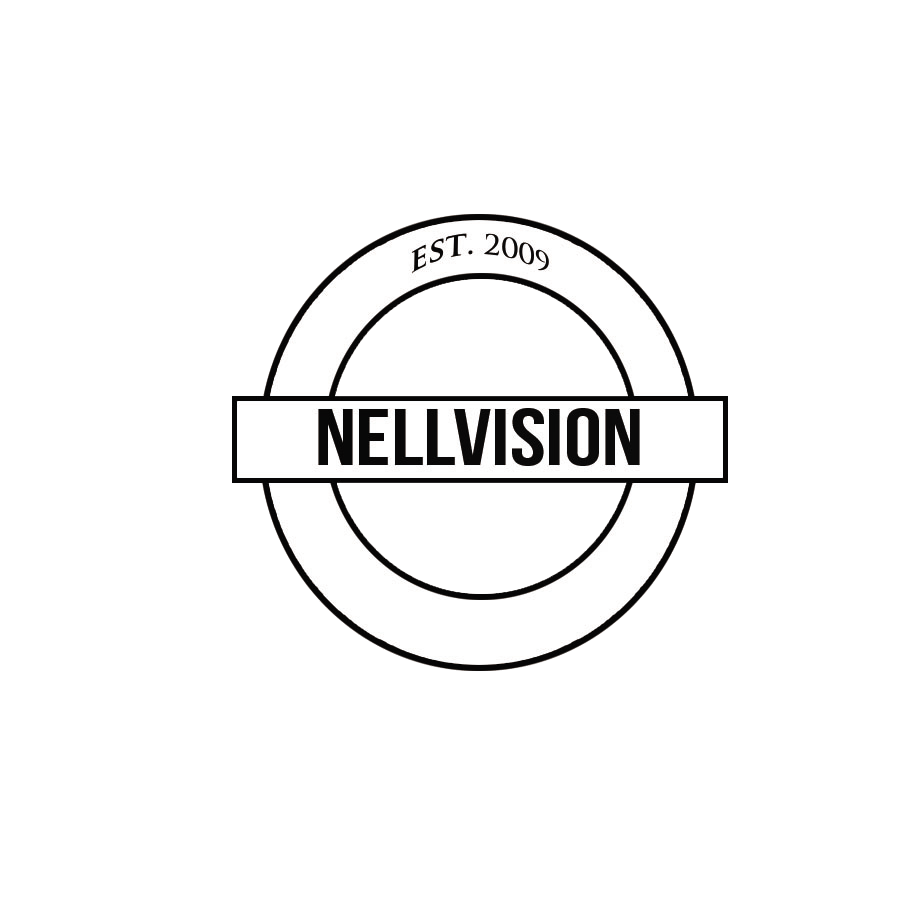Cash vs Credit. Debt vs debt free. These are topics all throughout social media and society. You have one group of people who are pro debt-free living. You have another group of people who believe in using credit cards. I’m going with both sides in this battle, and I’ll explain why.
Welcome to the heavyweight fight between Cash vs Credit. In one corner, you have Cash. The benefits for cash include not collecting credit card debt, always having money handy, and no burden of owing someone. It also means not having to pay interest that comes along with having credit cards or loans.
How they match up
In the other corner, you have Credit, whose benefits include having at least 30 days to pay back the money you borrow, ability to pay minimum payments, and points. Another added bonus is more positive points on your credit score.
Who wins this match? The answer to that question will always be subjective. I’ll speak on it from my subjective standpoint. I can confirm you can use credit cards and still be debt free.
In order to have a good or excellent credit score, you have to know how to manage debt well. That means yes, you have to create debt initially in order to have a good credit score. The 3 credit bureaus (Transunion, Experian, Equifax), all calculate your score based on how well you manage debt. The people who are pro debt free more than likely have no interest in creating debt in order to raise their credit score. However, the credit scoring model is basically a game you either choose to play or get potentially get played.
Americans aren’t budgeting well
If you’re ordinary every day American, there is a possibility you don’t have enough money in savings to buy a nice conditioned home with cash. According to a 2018 article from Bank rate, the average amount of money American couples have in savings is $8,863. Depending on the city you plan on purchasing a home in, $8,863 will not be enough money to purchase a home that’s in livable condition.
That’s where your credit score comes into play. Financial institutions use your credit score to determine the amount you can borrow from them in order to purchase things such as home, car, or any other purchase that requires financing. Yes, they often charge you interest that you’ll be held responsible to pay back as well. The higher your credit score, the less interest you usually pay. The lower your credit score, the more interest you’re usually required to pay.
You also may need to use your credit score for things such as applying for a well paying job. Let’s say you have an emergency and you don’t have enough money saved, you’ll probably need to take out a personal loan or use your credit card in order to fund the emergency.
Those are just some of the many reasons why having a good or excellent credit score is important. So, the question is can you be debt free while using credit cards? The answer is yes.
What do I need to do to be debt free while using credit cards?
In order to be debt free when using credit cards, you need to do two things. One is you need to only use your credit cards for your normal monthly expenses, such as rent, utility bills, essential products, gas, and food. By doing this, you’re basically spending the money you would normally spend every month.
The second thing you need to do is pay off the amount you’ve spent on the expenses above every single month. If you spend $1,690 on the expenses above, then you need to pay off the full $1,690 the next month when your bill is do. Doing this will also stop you from paying interest on your credit cards because you won’t be carrying over a balance since you’re paying it off in full every month.
Doing this will not only increase your credit score, but it will also stop you from accumulating debt. Not to mention, you can also potentially receive cash back or points rewards. So yes, it’s possible to use credit cards and be debt free. Follow the two steps above and reap the benefits.
For more help with understanding how credit works and how you can live debt free while improving your score, be sure to purchase my book: Strategies to Master Credit (Here)
Darnell R. McKinnon
